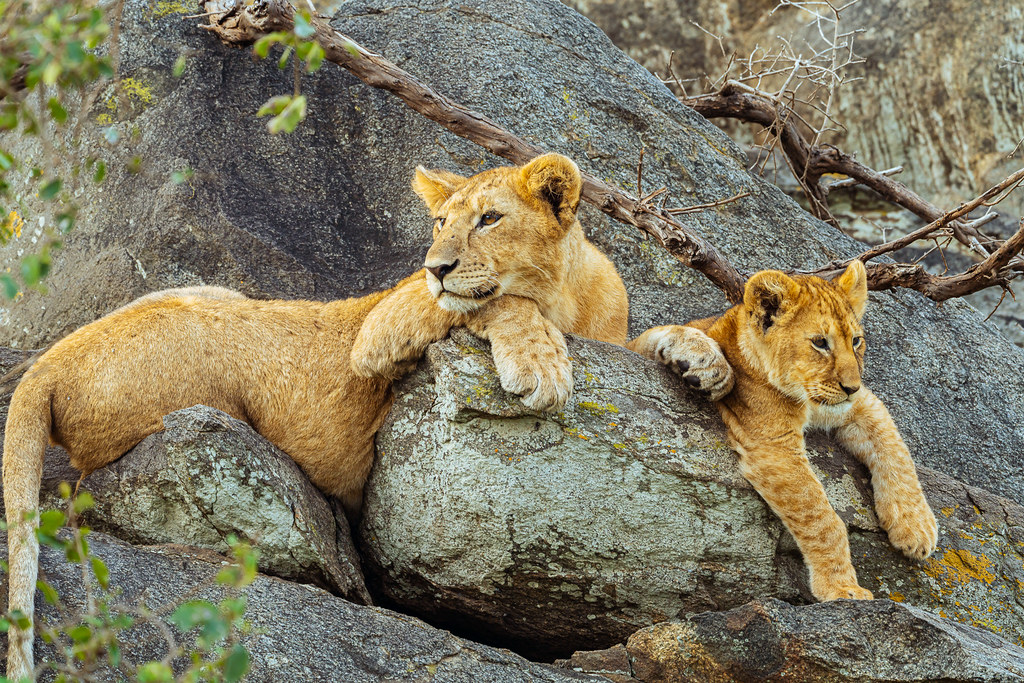What to Know Before Going on an East African Safari
An East African safari is the adventure of a lifetime. It is where sweeping savannas meet dramatic wildlife spectacles, where mountain gorillas roam misty forests, and where sunsets paint the horizon in unforgettable colors. Whether you dream of witnessing the Great Migration in the Serengeti, tracking gorillas in Uganda, or relaxing on Zanzibar’s beaches, preparation is key to making the most of your journey. Knowing what to expect before you go ensures that your safari is smooth, safe, and deeply rewarding.
Visas and Entry Requirements
Each East African country has its own entry rules, but most travelers will require visas. Kenya, Tanzania, Uganda, and Rwanda offer convenient e-visa systems that you can apply for online before departure. In some cases, visas are also available on arrival, but applying in advance saves time. If you plan to visit multiple countries, the East Africa Tourist Visa is a cost-effective option that covers Kenya, Uganda, and Rwanda under one permit. Always check that your passport is valid for at least six months beyond your travel dates and has blank pages for entry stamps.
Health and Vaccinations
Health preparation is an essential part of safari planning. A yellow fever vaccination certificate may be required, especially if you are arriving from a country with yellow fever risk. Other recommended vaccinations include hepatitis A and B, typhoid, cholera, and rabies. Malaria is present in much of East Africa, so preventive medication, insect repellent, and the use of mosquito nets are strongly advised. If you’re trekking Mount Kilimanjaro or venturing into high-altitude areas, be mindful of altitude sickness and allow time to acclimatize. Travel insurance with medical evacuation coverage is highly recommended, as many safari destinations are remote.
Packing Essentials
Packing light but smart is the golden rule for safaris. Neutral-colored clothing like khaki, beige, and olive is best, as it blends with the environment and doesn’t attract insects. Avoid bright whites and dark blues, which can draw tsetse flies. Comfortable walking shoes, a wide-brimmed hat, sunglasses, and a lightweight rain jacket are must-haves. Binoculars and a good camera will enhance your experience, while reusable water bottles and eco-friendly toiletries help reduce waste. Many luxury lodges offer laundry services, so there’s no need to overpack.
Safari Etiquette and Wildlife Safety
Respect for wildlife is the heart of every safari. Always listen to your guide’s instructions, remain inside the vehicle unless told otherwise, and keep a safe distance from animals. Loud noises, sudden movements, or attempts to attract wildlife can disrupt their natural behavior and create dangerous situations. Feeding animals is strictly prohibited. In lodges and camps, wildlife often roams nearby, so it is wise to move carefully at night and use escorts if provided.
Weather and Best Travel Seasons
East Africa’s climate is defined by dry and rainy seasons. The dry months from June to October and December to February are ideal for safaris, offering excellent wildlife viewing and comfortable conditions. The Great Migration takes place in Kenya and Tanzania during the mid-year dry season, while gorilla trekking in Uganda and Rwanda is most enjoyable in the same periods. The rainy seasons from March to May and November bring lush scenery and fewer tourists, but some roads and parks can be challenging to access.
Money and Payments
The local currencies—Kenyan Shilling, Tanzanian Shilling, Ugandan Shilling, and Rwandan Franc—are widely used, but US dollars are also accepted in most tourist areas, especially for park fees and lodges. ATMs are available in major towns, but cash is essential for rural areas. Credit cards are accepted in upscale establishments but may attract fees. Always carry small denominations for tips, souvenirs, and local purchases.
Cultural Awareness
East Africa is home to diverse cultures, traditions, and languages. Showing respect goes a long way. Learn a few basic Swahili phrases like Jambo (hello) and Asante (thank you). In coastal and Muslim-majority areas, modest dress is appreciated outside resorts and beaches. Always ask before photographing people, as not everyone is comfortable being on camera. Embracing cultural interactions respectfully adds depth to your safari journey.
An East African safari is far more than a holiday—it is an immersion into nature, culture, and discovery. Preparing in advance by arranging visas, taking the right health precautions, and packing wisely ensures peace of mind. Respecting wildlife and local traditions deepens your connection to the land and its people. Whether you’re chasing wildebeest herds across the Serengeti, gazing into the eyes of a gorilla in Bwindi, or toasting a sunset on the shores of Zanzibar, the more you know before you go, the richer your safari experience will be.





